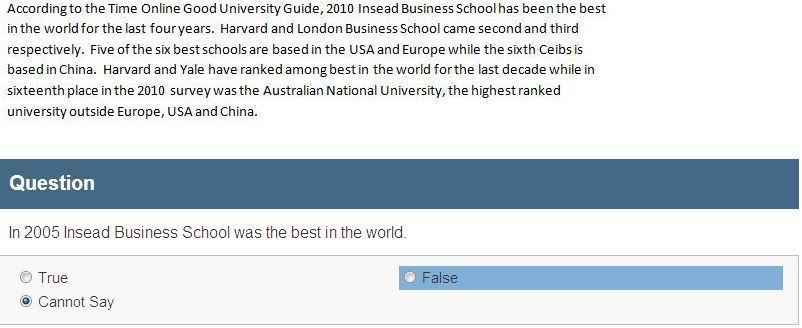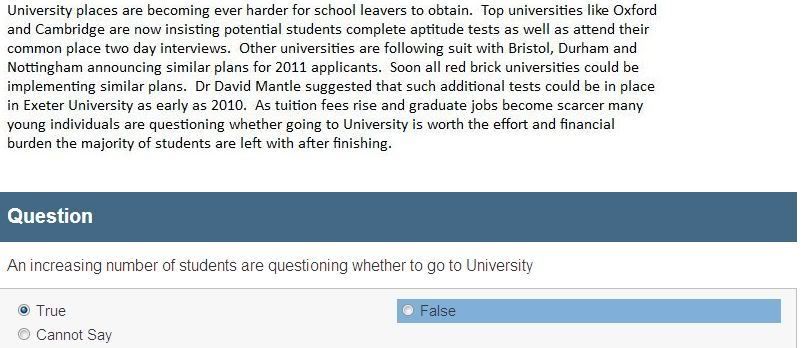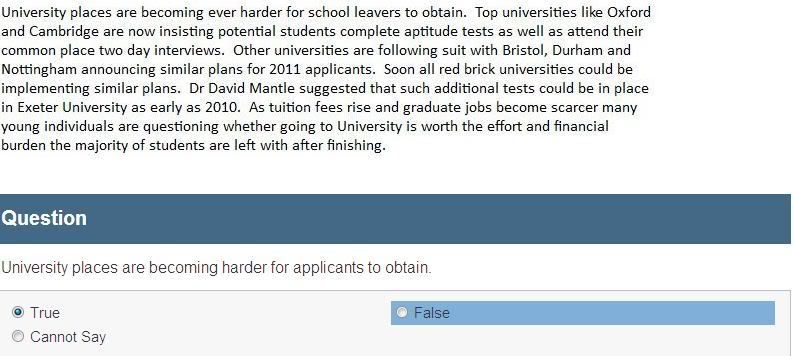Soldato
- Joined
- 1 Jul 2007
- Posts
- 5,392
been doing some online aptitude questions for practise (failing like anything on the maths) and came across this one:

Surely if the staff earn the same amount then the wage is equal across all factories?
Poorly worded or me being a div? I've given up on this test as there were other examples of other poorly worded questions and me not be able to get the answers they list.

Surely if the staff earn the same amount then the wage is equal across all factories?
Poorly worded or me being a div? I've given up on this test as there were other examples of other poorly worded questions and me not be able to get the answers they list.




